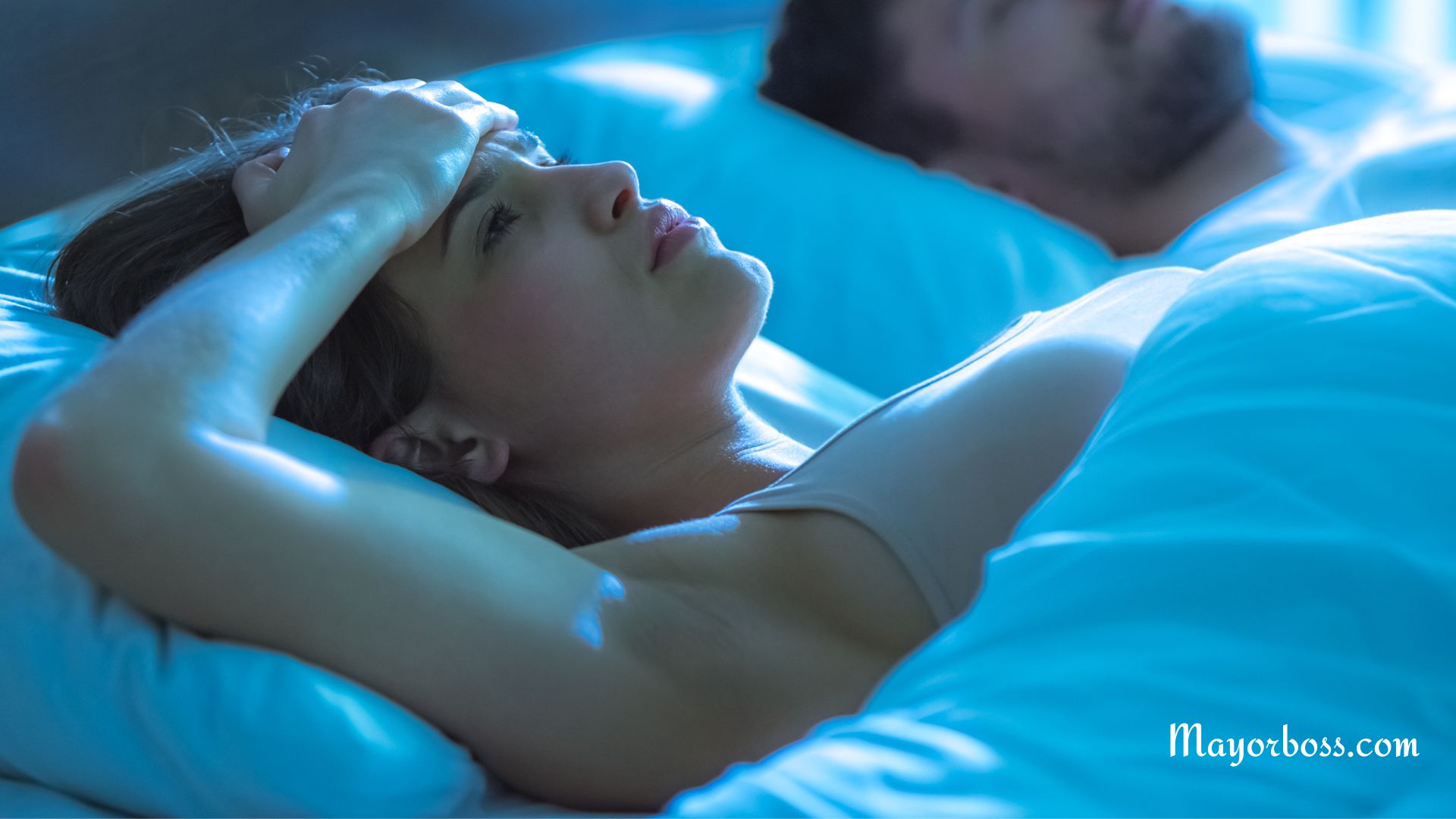Why Do I Get a Headache at Night?
Have you ever found yourself tossing and turning at night, not because of a noisy environment or an uncomfortable mattress, but because of a throbbing headache? If so, you’re not alone. Many people experience headaches at night, but why does this happen? Read on to learn about the reasons behind nighttime headaches and what you can do about them.

Common Causes of Nighttime Headaches
1. Tension-Type Headaches
Perhaps the most common reason you might experience a headache at night is tension. Throughout the day, stress and strain can accumulate, often manifesting as a tension-type headache. Also, teeth grinding triggers a tension headache. This type of headache usually feels like a constant ache or pressure around the forehead, temples, and back of the head.
2. Poor Sleep Habits
Another factor could be your sleep habits. Do you maintain a regular sleep schedule? Irregular sleeping patterns can disrupt your body’s natural rhythm, potentially triggering headaches. Also, consider your sleep environment. An uncomfortable pillow or a room that’s too warm or cold might contribute to your discomfort.
3. Medication Overuse
If you frequently rely on headache medication, you might fall into a cycle of medication overuse headaches. Surprisingly, excessive use of pain relief medication can actually lead to more headaches.
4. Caffeine Withdrawal
Are you a regular coffee drinker? If you typically consume caffeine during the day and then suddenly stop in the evening, you might experience withdrawal symptoms, including headaches.
5. Hypnic Headaches
Hypnic headaches, often referred to as “alarm clock” headaches, are a rare but noteworthy cause of nighttime headaches. They typically occur in individuals over the age of 50 and have unique characteristics:
- Timing: They often occur at the same time each night, usually waking you from sleep.
- Duration: These headaches can last from 15 minutes to several hours.
- Symptoms: The pain is usually moderate and can occur on one or both sides of the head.
Causes and Triggers
The actual cause of hypnic headaches isn’t well understood. However, they are believed to be related to REM sleep and possibly the body’s hypothalamic rhythms.
Specific Treatments for Hypnic Headaches
- Caffeine: Interestingly, a cup of coffee or a caffeine tablet before bed can be an effective treatment for hypnic headaches.
- Lithium: This medication is sometimes used in chronic cases, especially if caffeine isn’t effective.
- Indomethacin: This anti-inflammatory drug can provide relief for some individuals.
- Melatonin: Some studies suggest that melatonin may help in managing hypnic headaches.
5. Other Health Conditions
Sometimes, a headache at night could signal an underlying health condition, such as sleep apnea, hypertension, or diabetes. If your headaches are persistent and severe, consult a healthcare professional for a thorough evaluation.
Treating Nighttime Headaches
- Pain Relief Medications: Over-the-counter pain relievers like ibuprofen or acetaminophen can be effective for occasional headaches.
- Prescription Medications: For chronic or severe headaches, your doctor might prescribe stronger pain relief or preventative medications.
Practical Tips to Prevent Nighttime Headaches
- Maintain a Regular Sleep Schedule: Going to bed and waking up at the same time every day helps regulate your body’s natural clock.
- Create a Comfortable Sleep Environment: Ensure your bedroom is quiet, dark, and cool. Invest in a comfortable mattress and pillows.
- Manage Stress: Engaging in relaxation techniques like deep breathing, yoga, or meditation before bed can help alleviate stress-induced headaches.
- Watch Your Diet: Avoid foods and drinks that might trigger headaches, especially in the hours leading up to bedtime.
- Limit Caffeine and Alcohol: These substances can affect your sleep quality and may contribute to headaches.
- Stay Hydrated: Dehydration can cause headaches, so make sure you drink enough water throughout the day.
- Regular Physical Activity: Exercise can improve sleep quality and reduce stress, which in turn can help prevent headaches.
When to Seek Medical Help
If you find that your headaches are frequent, severe, or accompanied by other symptoms like vision changes, dizziness, or nausea, it’s important to seek medical advice. Additionally, if there’s a significant change in your headache pattern or if they’re disrupting your life, a healthcare provider can offer guidance and potential treatment options.
Frequently Asked Questions About Nighttime Headaches
1. Can dehydration cause nighttime headaches? Absolutely. Dehydration can lead to headaches at any time of the day, including at night. Ensuring adequate hydration throughout the day is crucial.
2. Can sleeping positions affect nighttime headaches? Indeed, some people find that certain sleeping positions, especially those that strain the neck, can trigger or worsen headaches. Experimenting with different pillows or sleeping positions might offer relief.






